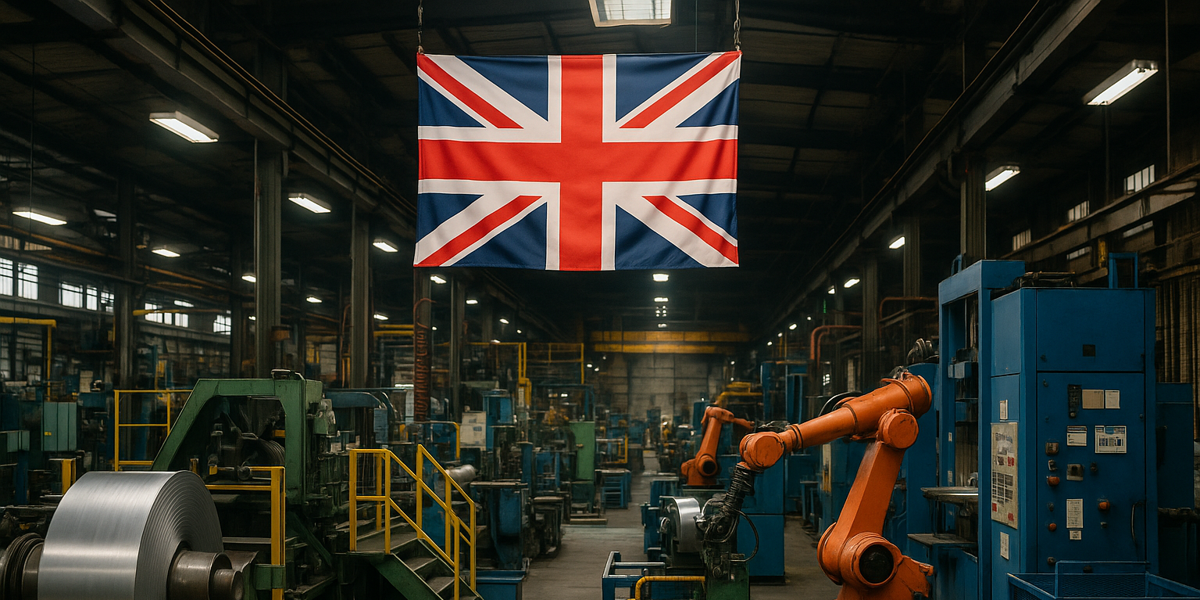£2bn scheme to reduce costs
Thousands of British manufacturers are set to benefit from a major government initiative to slash industrial energy costs by up to 25% as part of a 10-year economic blueprint.
The move, unveiled as part of Prime Minister Keir Starmer’s long-anticipated industrial strategy, will see over 7,000 energy-intensive companies – including those in the automotive, aerospace, and chemical sectors – exempt from green levies on electricity bills under a £2 billion scheme.
The “British Industrial Competitiveness Scheme,” due to start in 2027, will support industries disproportionately affected by soaring energy costs. Specific eligibility criteria will be finalised following a government consultation.
Improved access to the grid
In tandem, the government will roll out a “Connections Accelerator Service” to fast-track industrial access to the energy grid. The Planning and Infrastructure Bill will underpin this by reserving grid capacity for strategically significant projects.
Strategic sectors targeted
The industrial strategy, which covers eight sectors including clean energy, digital technologies, and life sciences, aims to breathe new life into Britain’s struggling industrial heartlands. Analysts view it as a response to growing pressure from Reform UK, which is gaining traction in areas with high unemployment and poverty rates.
Funding questions raised
Funding for the initiative will come from reforming green levies such as the Emissions Trading Scheme and Contracts for Difference. But policy experts have warned of financial ambiguity. Adam Bell, from consultancy Stonehaven, remarked there remains “a bunch of missing money”.
Supercharger scheme extended
Further support comes in the extension of the existing “British Industry Supercharger” scheme, which currently provides 100% relief on renewable energy levies and 60% discounts on network charges. That network charge reduction will now rise to 90%, easing costs for energy-heavy sectors like steel, ceramics, and glass.
Simplifying investment zones
To attract further investment, the government plans to consolidate Freeports, Enterprise Zones, and Investment Zones under a simplified “Industrial Strategy Zones” framework. This aims to cut red tape and bolster regional authority over planning.
Boost for skills and creativity
An additional £275 million will fund new education programmes and apprenticeships, particularly in defence and engineering, while £380 million will boost the creative industries, with targeted support for regional hubs including the West Midlands.
The sweeping reforms mark a significant effort by Labour to bolster British industry, revive stagnating regional economies, and sharpen the UK’s competitive edge in global markets.







